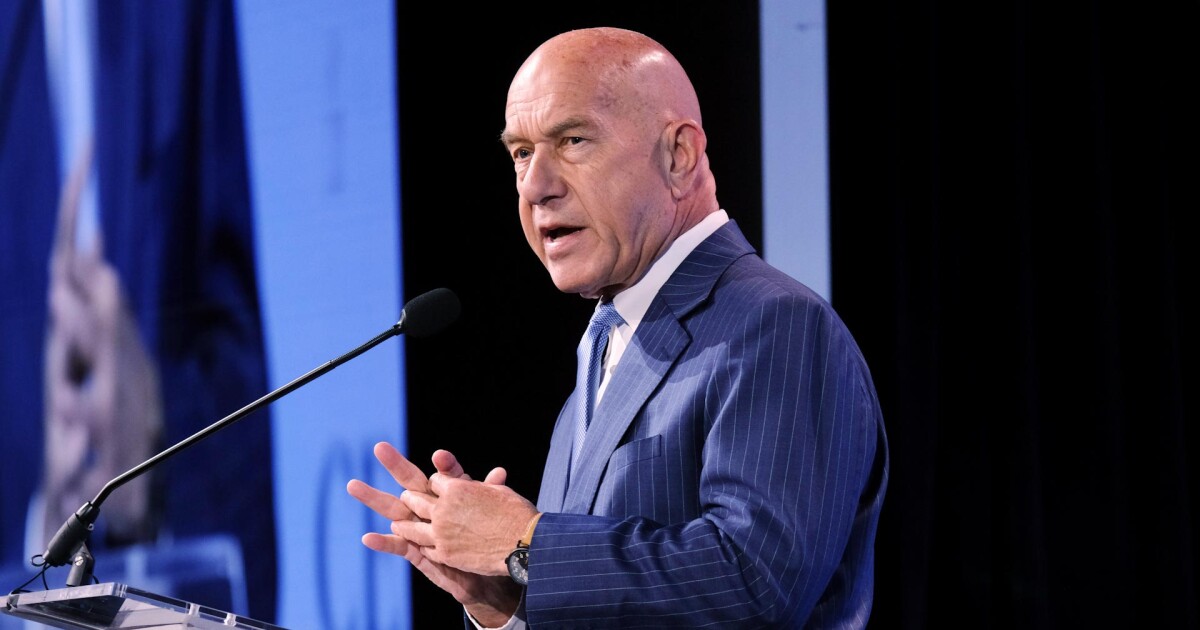California community college gets ratings boost
2 min read

Desert Community College District in California saw its general obligation rating upgraded by Moody’s Investors Service by one notch to Aa1 affecting $511.5 million of debt.
The outlook was revised to stable from positive.
The upgrade “reflects the district’s large and growing tax base and improving financial position,” Moody’s analysts wrote in Monday’s report.
The college district is located in the Coachella Valley, which encompasses a large portion of Riverside County and a very small portion of Imperial County, and has an estimated population of 448,600. It operates a fully accredited community college, the College of the Desert located in Palm Desert, and satellite campuses in Indio, Mecca/Thermal, Desert Hot Springs and Palm Springs.
AdobeStock
The bonds are secured by the district’s voter-approved, unlimited property tax pledge. Riverside County (Aa2 stable) and Imperial County (A1), rather than the district, will levy and collect the district’s property taxes, including the portion constitutionally restricted to pay debt service on GO bonds. Both counties will deposit those taxes in a fund maintained by Riverside County, which it will disburse to the trustee for the payment of the district’s bonds.
The district enrolled 9,289 full-time equivalent students in fiscal 2023, according to Moody’s.
The district has above-average resident wealth but somewhat below-average income; and while property values are largely residential in nature, which Moody’s said is a strength and supports tax base diversity, a notable commercial component focused on hospitality, retail and tourism contributes to the above-average per-capita assessed valuation, but below-average resident incomes.
The district also has a “strong and sustained financial position that is supported by fiscal prudence, strong community and donor support and a long-term trend of revenue growth.”
Despite enrollment losses during the pandemic, Moody’s analysts said, the district has had enrollment recovery with two fiscal years of enrollment growth.
The rating also “incorporates the district’s somewhat elevated fixed costs, which comprise primarily debt service on GO bonds, as well as an increase in leverage due to its large bond authorization. The district benefits from below average pension and [other post-employment benefit] liabilities, which should remain affordable given increases in revenue,” Moody’s analysts wrote.
The stable outlook “reflects our expectation that the district’s tax base will continue to grow, financials will remain healthy, and debt, pension and OPEB burdens will remain manageable.”
Material improvement in socioeconomic profile, continued healthy tax base growth and sustained financial position at its current level could lead to further upgrades. If it, however, experienced a significant decline in enrollment, its financial position declined or the tax base and socioeconomic profile weakened, the rating could fall.







